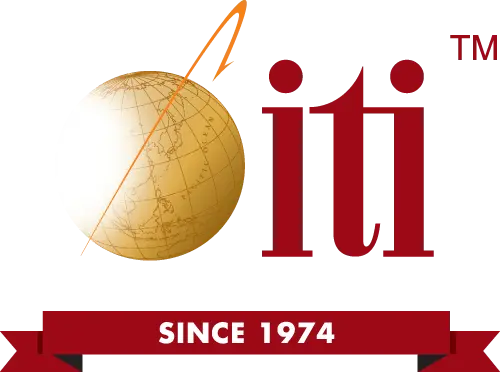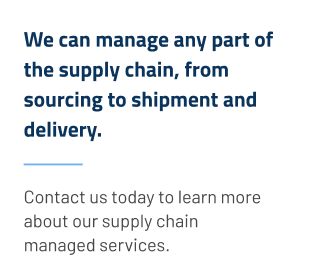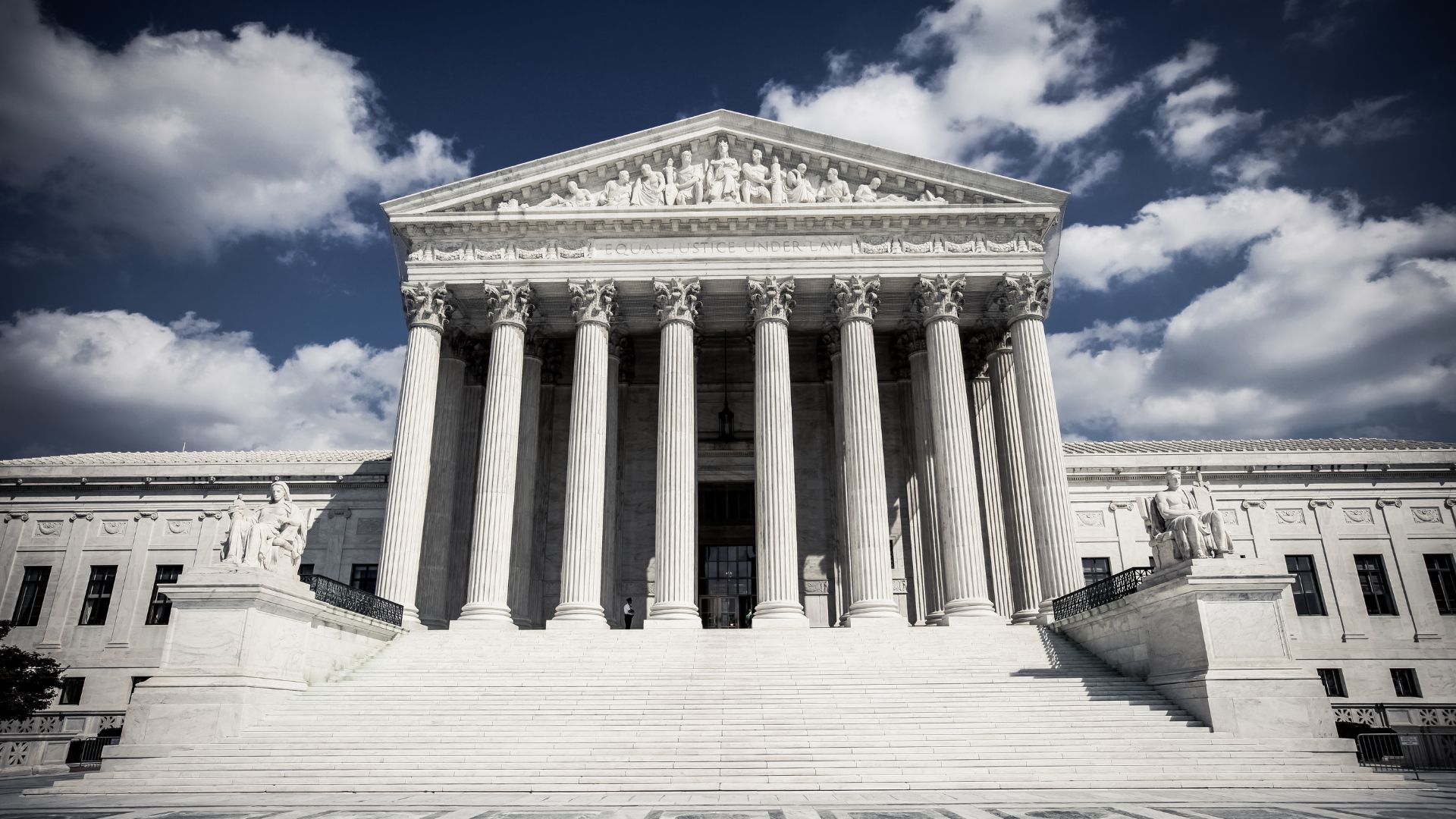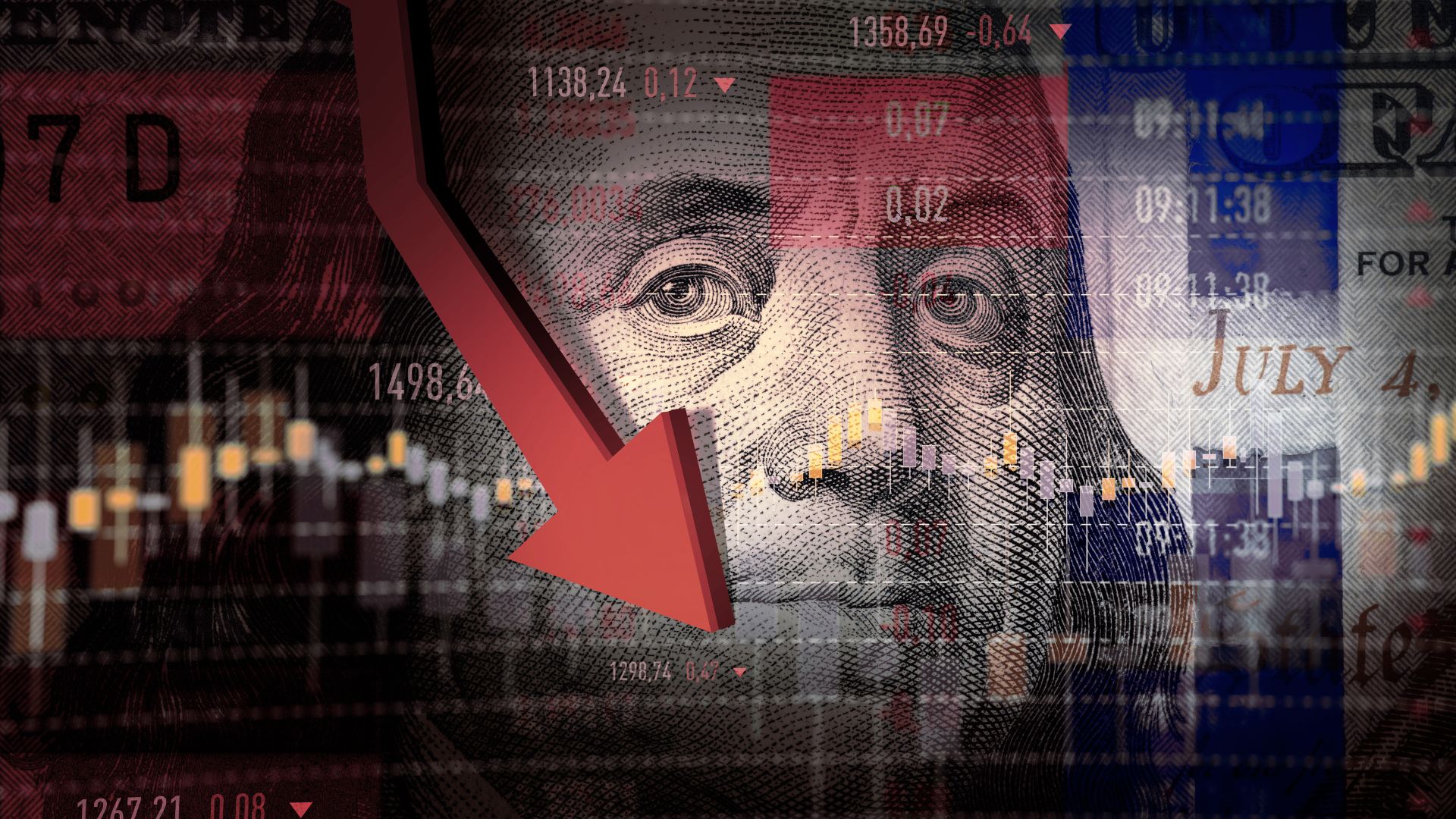ONCE UPON A TIME…
Once upon a time, there was a successful company based in the USA. They decided to manufacture their products in China several years ago. Things had been going well for quite a while. Life was good. At some point, the USA and China started having issues and high tariffs were placed on goods imported from China. All sorts of things began to happen because of the new, high tariffs.
As time went on some of the tariffs were decreased and things started looking like they would stabilize. There was a Phase 1 agreement signed between the two countries that everyone hoped would be the beginning of a stable relationship. But then, a virus somehow spread all over the world and crippled the world’s economy. We will not discuss where the virus originated, how it spread, or the human cost of the virus. This is a business blog.
Tensions between the USA and China got bad again. The USA closed the Chinese consulate in Houston. China retaliated and closed the USA consulate in Chengdu. The USA-China Phase 1 agreement, seen as a big part of the stabilization after the high tariffs, was being used leverage. There was a lot of “sabre rattling” and people on both sides were making speeches that did not promote cooperation between the world’s largest economies.
To make the situation worse, this is an election year and people on “both sides of the aisle” used the situation to try to make political points, stoking the political fire. Again, this is a business blog so the discussion will be limited to business. There is nothing any of us can do to change the nature of politics anyway.

IT IS CONTINUING WITH THE VIRUS
The business owner in our story is once again concerned about supply chain disruptions and/or added tariffs and costs due to the escalation of tensions between the USA and China. What can be done to mitigate his supply chain risk? Are there any protections against what might happen?
The answer, as it often is, it depends. If the business owner in our story is working alone with the offshore factory making his product he is flying blind. This means it’s up to him to do it all. He needs to keep in close contact with the offshore factory making his product, read the government websites for the latest tariff information and how it will impact his particular product. He needs to talk with other business owners to share strategies. He must draw on the experience he learned during the first round of high tariffs and prepare for what may come.
The additional issue he’s facing this time is the virus. It’s still out there infecting people in the USA, China, and all over the world. He can’t go to China to meet with his factory or inspect the goods that need to ship because of an international travel ban. He doesn’t want his people to travel and possibly get exposed to the virus. He doesn’t want to get exposed to the virus either. He’s not sure what to do.
WORKING WITH ITI MANUFACTURING
Another scenario is the business owner has been manufacturing offshore through ITI Manufacturing. He is still concerned about supply chain disruptions and added tariffs and any added costs resulting from the tensions between the USA and China. However, this business owner has ITI Manufacturing with over 45 years of experience manufacturing in China working on behalf of their customers.
ITI maintains constant contact with its China staff, its freight forwarding partners, custom agents, various government entities, and personal contacts. As ITI did during the first high tariff wave, they also work closely with their China manufacturing partners to mitigate the negative impact to their customers. Their full-time, dedicated China-based staff is already there, in China, working face to face (maintaining social distance and wearing masks, of course) with their factories.
ITI LOOKS OUT FOR CUSTOMERS
ITI is constantly evaluating potential disruptions to the offshore supply chain and any legislation that has the potential to impact our customer’s businesses. ITI’s contingency plan discussions change as fast as the latest rumor. As most businesses with “skin in the game”, ITI has learned what to expect and how to quickly and effectively deal with the types of changes that are possible. ITI knows it needs to be careful not to act too quickly but keeps current so we can keep our customers ahead of the game as much as possible.
There are many similarities but also many differences in the needs of our diverse customers. Materials, product classifications, shipment timing, destination, and position of the order in the manufacturing process all must be considered depending upon what changes in tariffs or policy may be put in place.
WE ARE IN THIS TOGETHER
ITI Manufacturing is highly motivated to do everything possible and find unique, resourceful, and effective ways to work through supply chain disruptions on behalf of our customers as quickly and effectively as possible. ITI’s customers understand disruptions to the offshore supply chain impact us as well. When our customers are impacted, we are impacted. It’s a symbiotic business relationship.
THE ITI CUSTOMER ADVANTAGE
Our customers have ITI’s China staff on the ground, in China, working directly with factories on their behalf. That is a distinct advantage in times like this no matter what happens.
ITI’s customers also have the advantage of ITI being a USA-based company. That means there are no differences in the language or the working time-zone hours. ITI’s customers easily communicate with knowledgeable people during regular working hours.
WORKING DIRECTLY WITH A CHINESE FACTORY?
What about those companies that are flying blind and have been working with factories directly? What do they do to minimize the impact? ITI has a solution for them as well. It’s called OMS – Offshore Management Service. ITI’s China-based staff become the customers’ eyes and ears in China. Customers communicate with USA-based ITI during regular business hours and ITI communicates with our China-based staff to accomplish what the customer needs to happen in China. ITI’s China staff are experts at managing all issues related to running changes to the product, inspections, testing, quality, samples, technical, materials, packaging, and logistics. We manage the complete supply chain.
ITI CAN HELP YOUR COMPANY IN TOUGH TIMES
If your company is manufacturing in China and you need help with offshore manufacturing issues, call ITI Manufacturing. We will help you do whatever needs to be done in China. That has been our business since 1974. We are very good at it.





